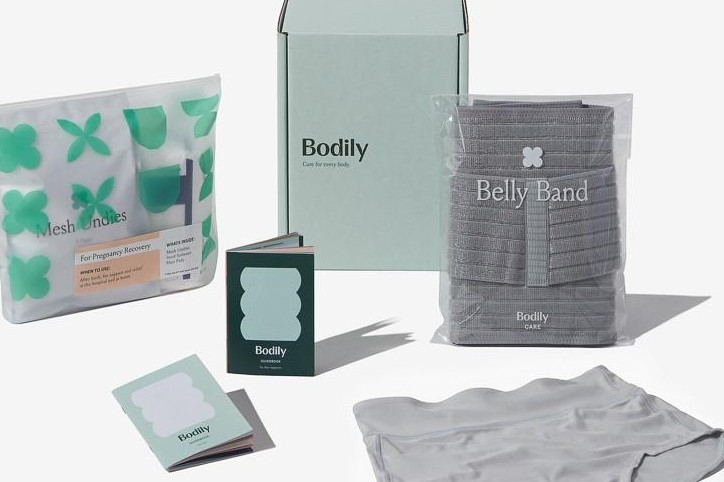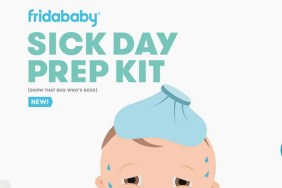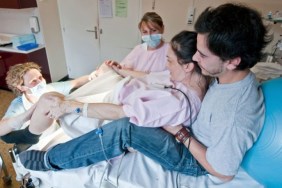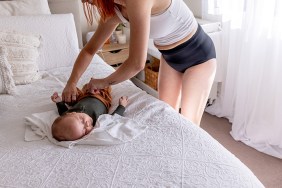Is your due date approaching rapidly? While you don’t need to have your hospital bag at the ready by the front door, it’s not a bad idea to make sure you have some of the essentials in one place. And there’s really no reason to pack an oversized suitcase full of stuff for your delivery. Most women will tell you they didn’t use 75% of what they packed for their first delivery.
One oft overlooked item to pack in a hospital bag is a bottle of lubricant like vitamin E oil, almond oil or olive oil – very helpful for mitigating tearing. Pack it and give it to one of the labor nurses; they’ll know what to do with it and when to use it. You’ll also want to bring a copy of your birth plan, toiletries, comfortable clothing, cell phone charger (and any other chargers you might need), drinks (water, tea, black coffee, juice, carbonated beverages or clear broths) and snacks for your significant other or anyone else who will be there with you. You shouldn’t have a huge meal when you’re going into labor and once you are in your delivery room you won’t be allowed to eat at all (things like popsicles are OK during early labor when you’re still at home).
Kits like this one from Fridamom or these from Bodily can take much of the stress out of packing your hospital bag. If you don’t plan on getting a ready-made kit, however, we turned to Bodily founder, Tovah Haim, and asked her to single out some essentials (beyond the ones mentioned above).
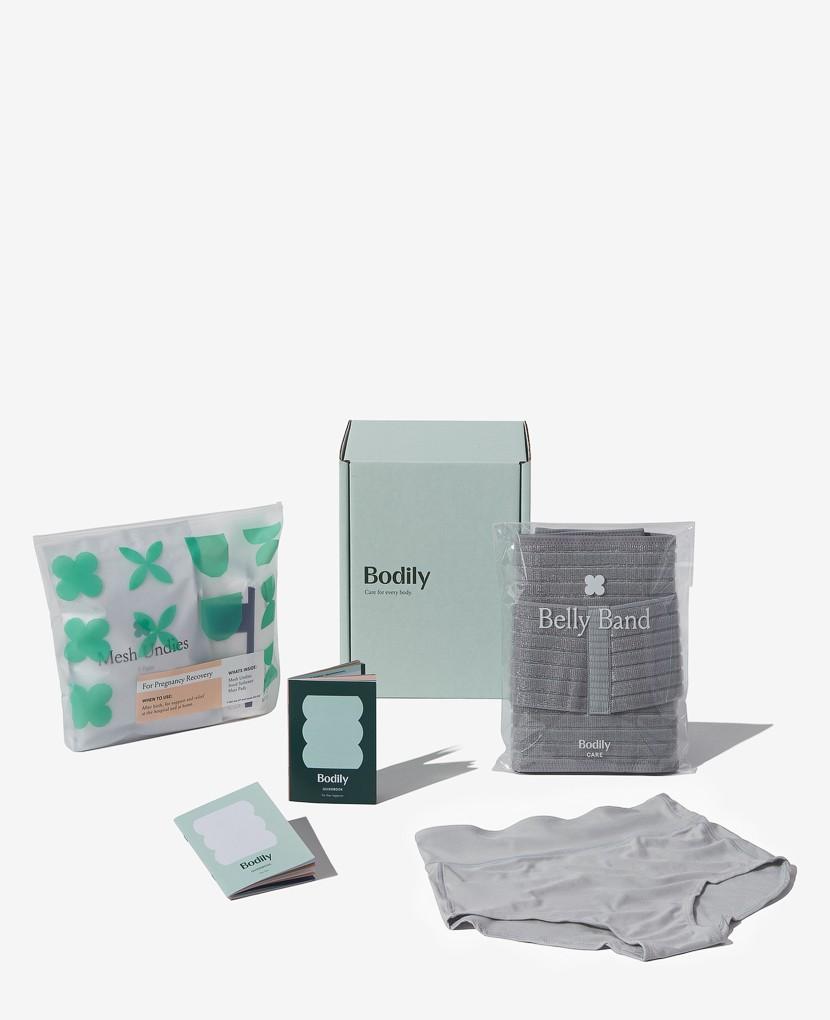
Bring two bras: “One soft and non-constrictive and one that enables hands-free pumping. A super soft bra that accommodates breast engorgement and easy breastfeeding like The Everything Bra is key for ease, comfort and breast health. (Constriction is a risk factor for clogged ducts and mastitis). Many people experience a delay in their milk coming in and may choose to pump in addition to nurse, in order to help encourage milk production. Having a hands-free pump bra at the ready— even better if it doubles as a nursing bra like The Do Anything Bra—makes this process SO much easier.”
Consider upgrading your Peri Bottle. “While the hospital certainly provides peri bottles for free, they resemble ketchup and mustard bottles from your local diner and just aren’t optimized to point to difficult-to-see places or keep you dry from spills! Although not critical, it is a small item that many find really improves their postpartum experience. Our Peri Wash Bottle offers an angled spout, chic design, and doesn’t leak.”
Have good nipple products on hand. “Breastfeeding pain in the first week affects ~50% of people, so having nipple products that you feel good about on hand for post-delivery is well worth it. Many people use lanolin, which is a skin barrier emollient derived from sheep. (We offer a plant-based organic alternative called Nip Protect). We recommend starting with a coconut oil-based balm, as it hydrates, soothes, is antimicrobial, and in the common case of broken skin on the nipple, also promotes healing. (We offer an organic Nip Nourish that glides on easily for sensitive nipples).”
Bring an inflatable donut cushion. “Yep, that’s right. Not only do 25-30% of people experience hemorrhoids resulting from pregnancy and often exacerbated by vaginal birth, but 85-90% of first-time vaginal births and 60% of subsequent births result in tearing. (But don’t be scared! 94% of these “tears” are somewhat superficial and might require 0 to 2 stitches). A cushion can help soften the experience of the car ride home. In birth recovery and postpartum, it truly is these little things that make all the difference.”
Being prepared for postpartum by reading up on what to expect and having essential products for recovery and breastfeeding makes all the difference in the recovery experience – so keep reading and tailor the information to your needs so you can enjoy this exciting time to the fullest!
